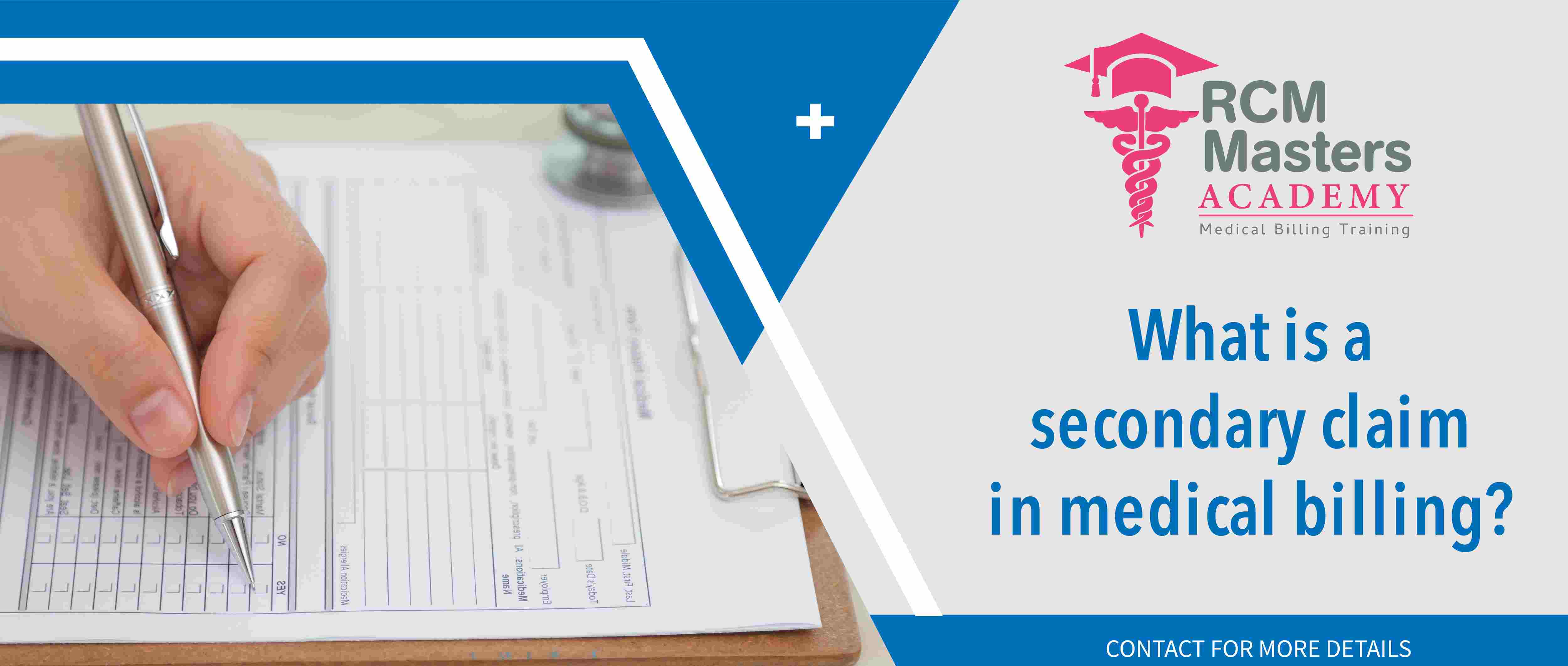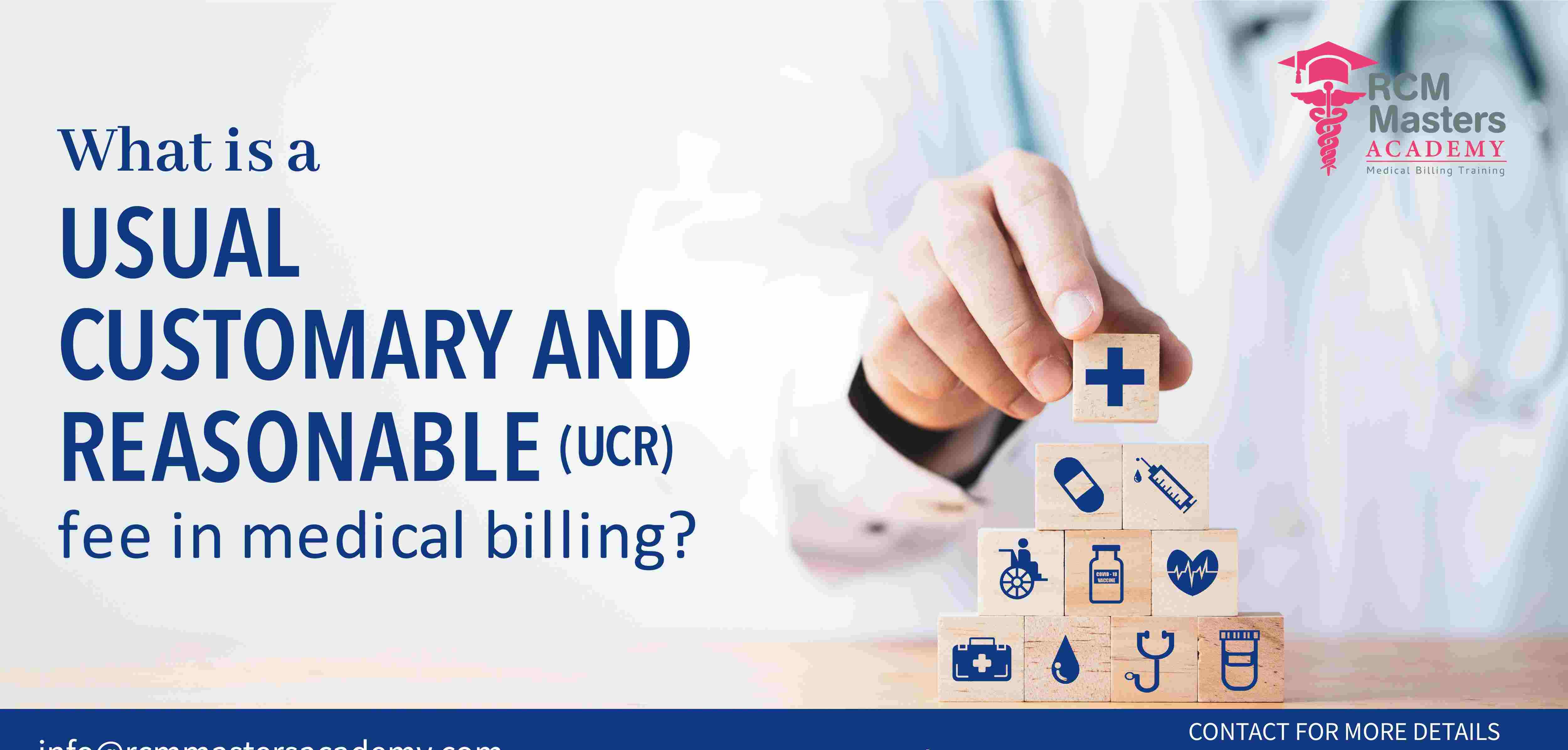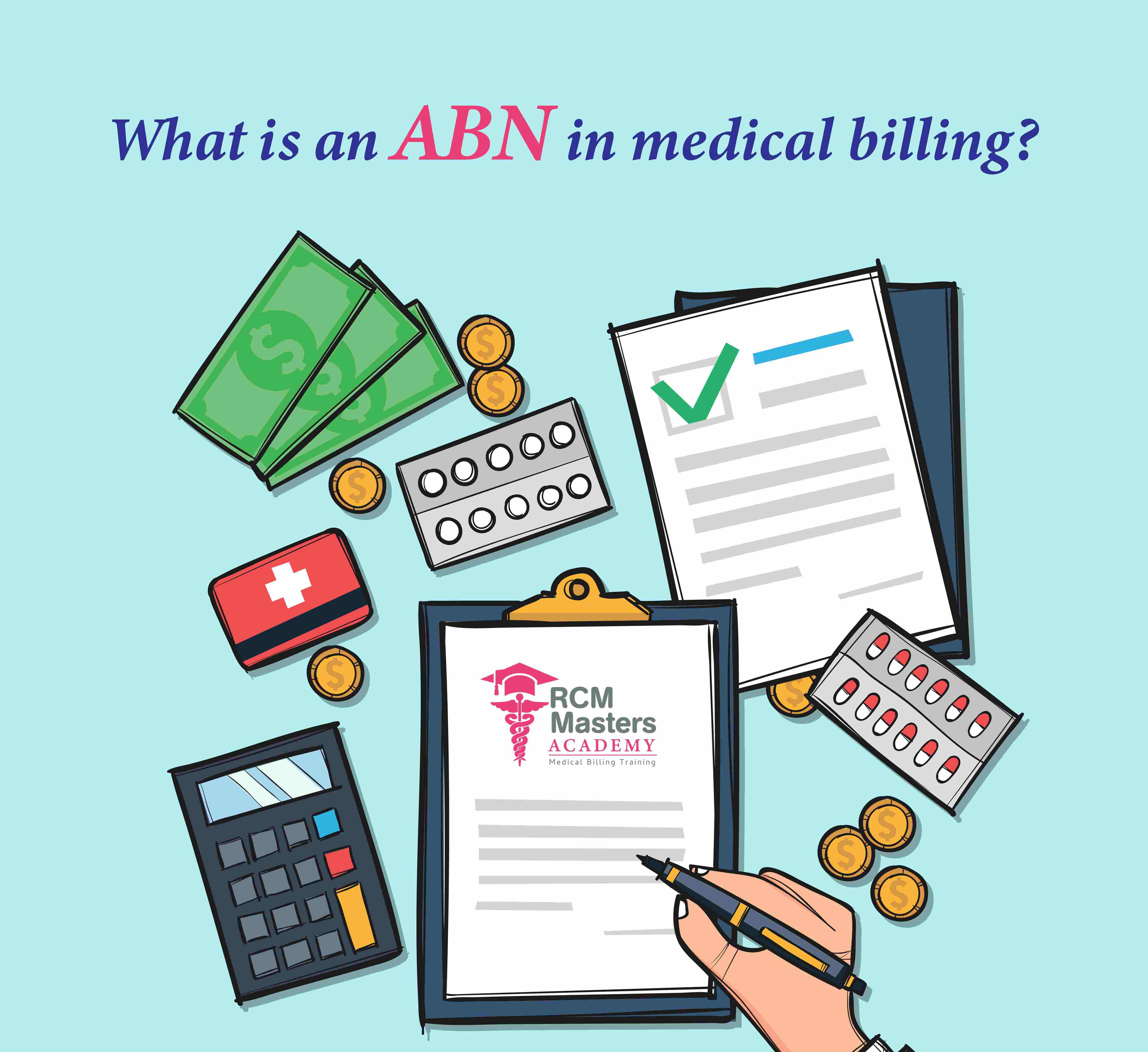 info@rcmmastersacademy.com
info@rcmmastersacademy.com

Retrospective review is a process used in healthcare to evaluate the quality and appropriateness of medical care that has been provided to a patient. It involves reviewing patient records and clinical data to determine if the care provided was effective, efficient, and in accordance with best practices and guidelines.
The goal of retrospective review is to identify areas where improvements can be made to enhance patient care and outcomes. By analyzi... Read more

Medical billing can be a complex process, with numerous rules and regulations governing the way healthcare providers submit claims for reimbursement. One important concept in medical billing is the secondary claim, which is a claim submitted by a provider after the primary claim has been processed. We will explain what a secondary claim is, how it differs from a primary claim, and why it is important in the healthcare industry.
A primary cla... Read more

A self-insured plan is a type of health insurance plan in which an employer assumes the financial risk for providing health care benefits to its employees. Rather than paying premiums to an insurance company, the employer sets up a fund to pay for the health care expenses of its employees. This means that the employer is responsible for paying for all of the medical claims that are incurred by its employees, up to a certain dollar amount, known as the stop-loss limit.
... Read more
A superbill is a document that is used in the medical billing and coding process. It is a detailed invoice that outlines the services provided to a patient during a visit to a healthcare provider. Superbills are typically used in situations where patients are responsible for paying for their own medical care, either because they do not have insurance or because their insurance plan does not cover certain treatments or services.
A typical superbill w... Read more

When you receive medical treatment, you're likely to receive a bill for the services provided. This bill will likely include a number of different charges, including charges for the doctor's services, the facility where the procedure was performed, and any supplies or materials that were used. One of the key factors that determines the amount you'll pay for these services is the usual, customary, and reasonable (UCR) fee.
So, what is a U... Read more

Medical billing is a complicated process that involves a lot of technical terms and concepts. One of these concepts is the write-off adjustment. If you're not familiar with medical billing, you may be wondering what a write-off adjustment is and why it's important. We will explore what a write-off adjustment is in medical billing and how it affects healthcare providers.
A write-off adjustment is a financial adjustment made b... Read more

Medical billing can be a complicated process that involves a lot of different elements, including various codes and numbers that must be accurately recorded and submitted. One of the most important numbers in medical billing is the ABN, or Advance Beneficiary Notice. This document plays a vital role in ensuring that healthcare providers are reimbursed for their services and that patients are informed of their financial responsibilities.
So, what exa... Read more

Every business that provides goods or services to customers on credit will have outstanding payments that need to be collected. These outstanding payments are recorded in the company's books as accounts receivable. Managing and monitoring the accounts receivable balance is crucial for a business's financial health. This is where an accounts receivable report comes in.
An accounts receivable report is a document that provides a detailed summa... Read more

In the world of healthcare billing, an adjustment code is a code used to explain why a claim was adjusted or modified. These codes are used to indicate that there has been a change made to a claim, and they are often used to explain why a claim was not paid in full.
Adjustment codes can be used to indicate a variety of changes to a claim. For example, they might be used to indicate that a claim was denied because the patient was not eligible for cov... Read more

Medical billing is an essential part of healthcare operations, as it ensures that healthcare providers get paid for the services they render. In medical billing, an aging report is a tool that helps healthcare providers keep track of unpaid claims.
An aging report is a document that lists all the claims that have been submitted to insurance companies but remain unpaid beyond the expected payment date. The report typically shows the ... Read more